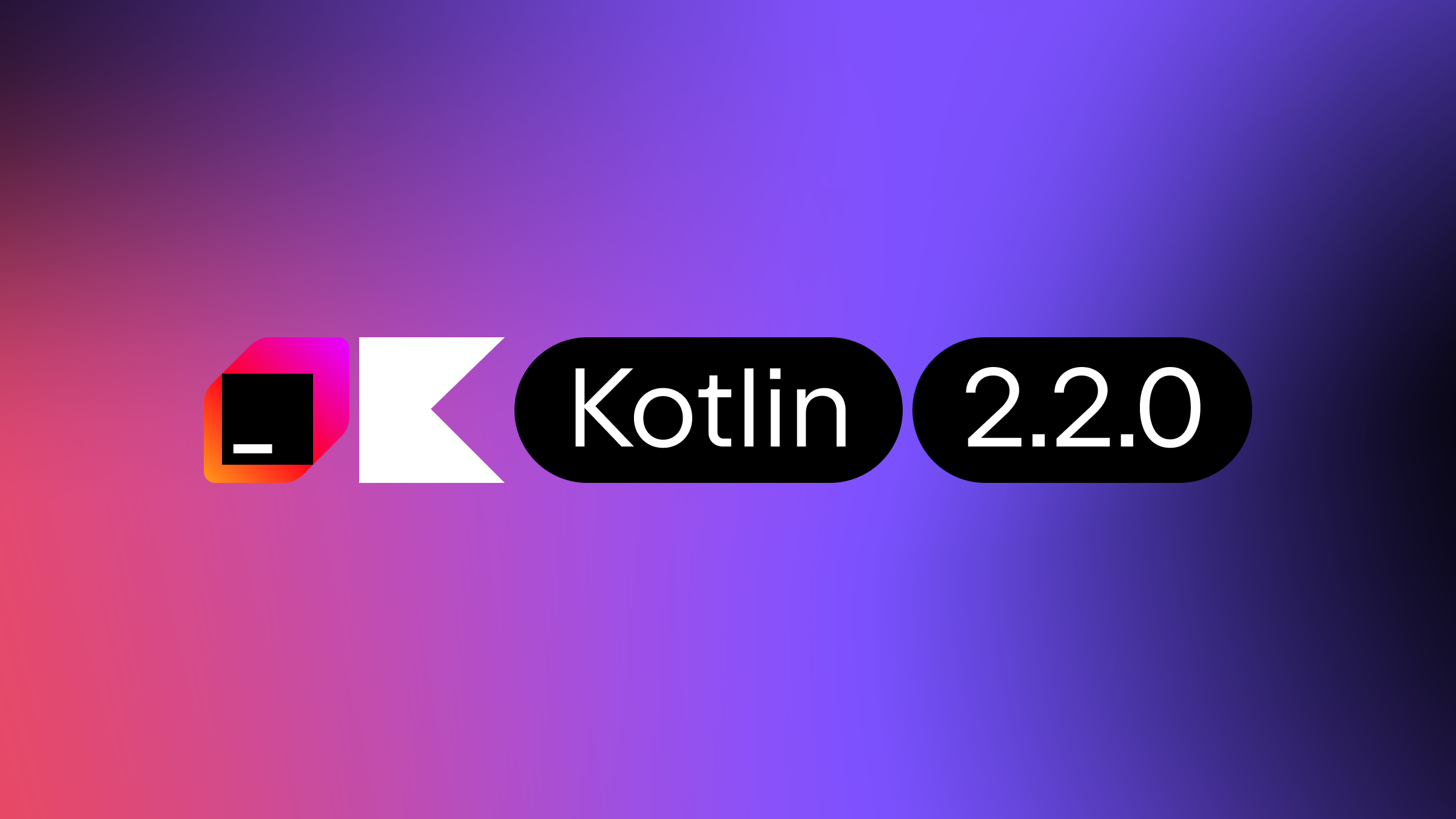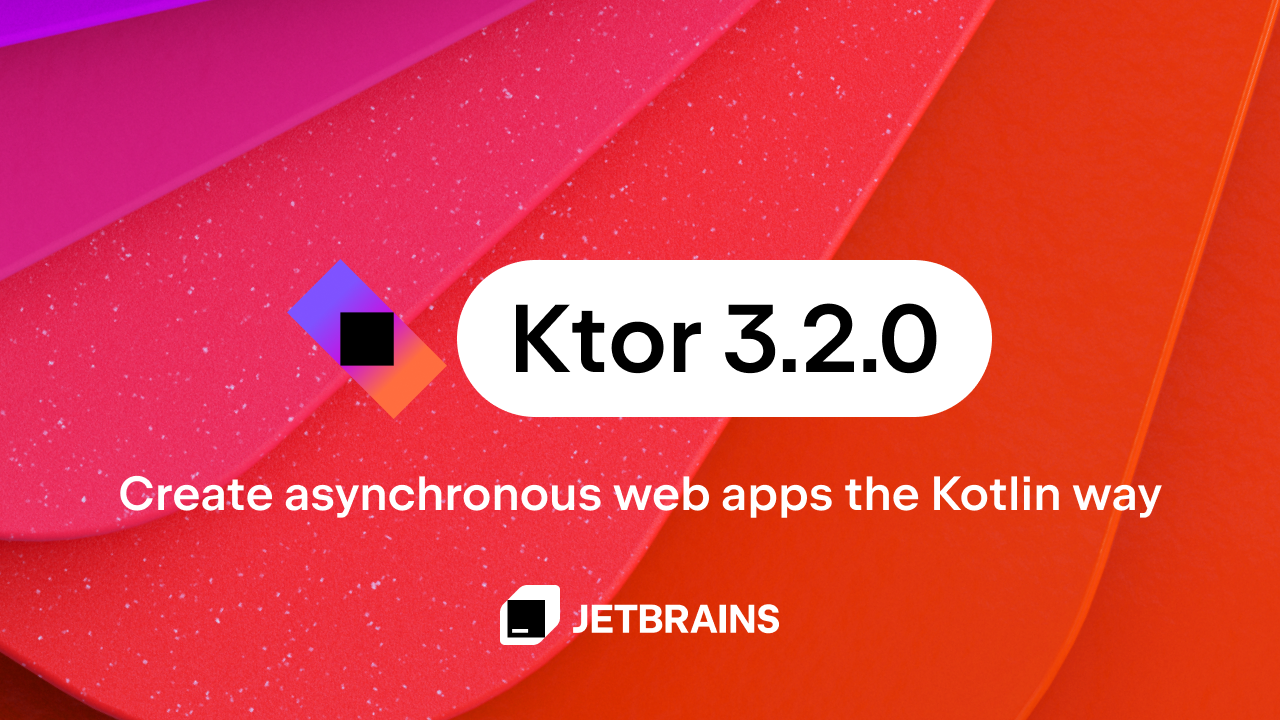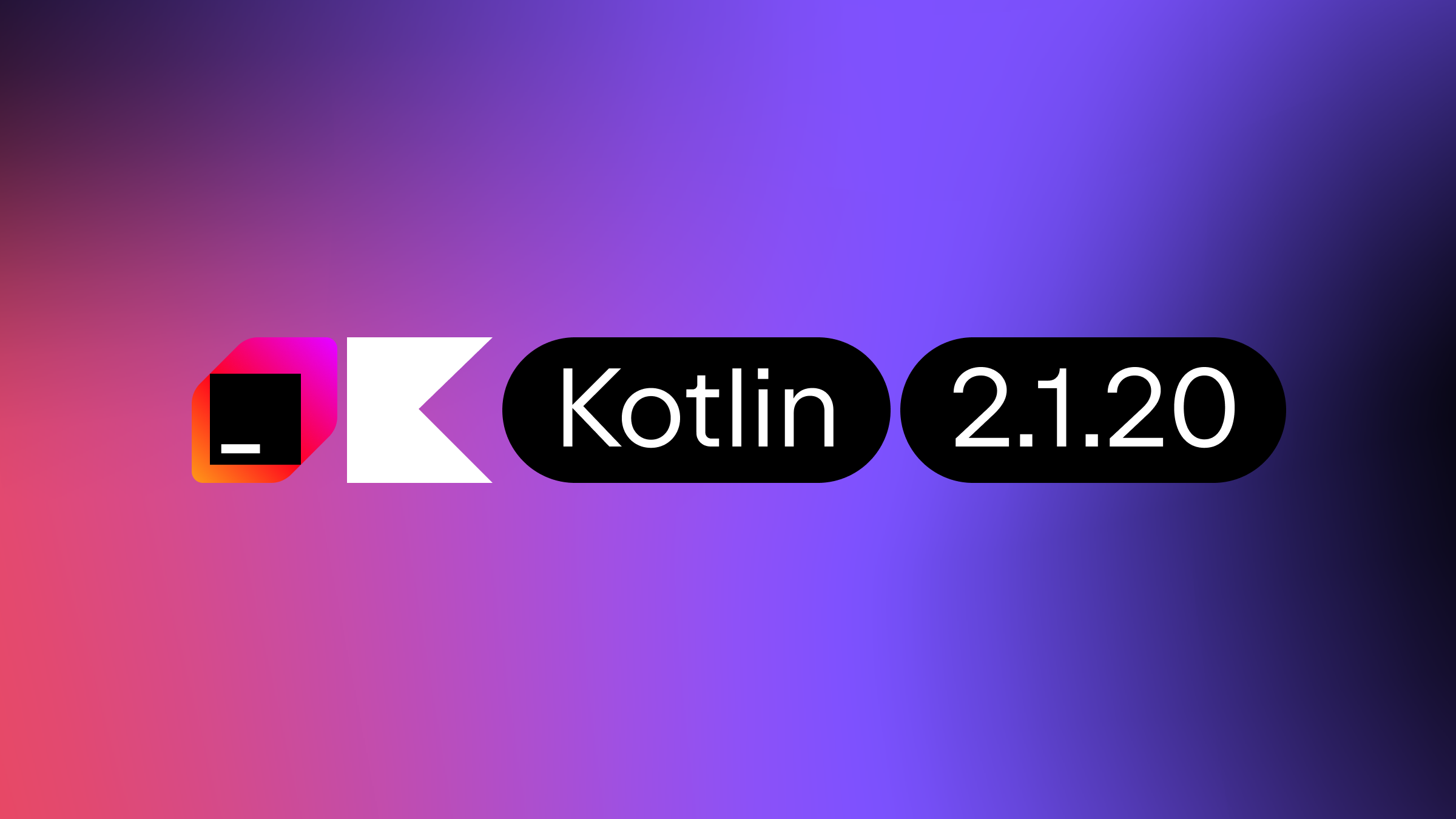Kotlin
A concise multiplatform language developed by JetBrains
Kotlin 1.1-M03 is here!
We are pleased to announce the third milestone of the upcoming Kotlin 1.1. This release brings new language features as well as improvements and fixes in the JavaScript backend, compiler and IDEA plugin. The new release also includes all tooling features introduced in Kotlin 1.0.5, and is compatible with IntelliJ IDEA 2016.3 EAP and Android Studio 2.2 and 2.3.
As with other milestone releases, we give no backwards compatibility guarantees for new language and library features. Anything introduced in milestone releases of 1.1 is subject to change before the final 1.1 release.
Please do share your feedback regarding the new features or any problems that you may run into with this release, via YouTrack, forums and Slack.
The full changelog for 1.1-M03 is available here.
Underscore for unused symbols
You can now use an underscore instead of the name of an unused parameter of a lambda:
foo { _, x -> ... }
And an unused variable name in destructuring declarations can now be replaced with an underscore as well.
val (x, _, z) = expr
Both cases are described in detail in the appropriate KEEP.
Underscore in numeric literals
In accordance with Java 8 specification, Kotlin supports now numeric literals with single underscore symbols between digits. For example:
val ONE_MILLION = 1_000_000
See the KEEP for more details and examples.
Generic Enum values access
The support of the proposal is landed to the standard library in a form of two intrinsic functions:
inline fun <reified T : Enum<T>> enumValues(): Array<T> inline fun <reified T : Enum<T>> enumValueOf(name: String): T
They allow to enumerate the values of a generic enum type. E.g.
enum class RGB { RED, GREEN, BLUE }
print(enumValues<RGB>().joinToString { it.name }) // prints RED, GREEN, BLUE
Scope control for builder-like DSLs
As described in details in the KEEP, DSL authors had problems in expressing scope restrictions for builder-like constructs. E.g., for some html-builder DSL:
table {
tr {
tr {} // PROBLEM: Table.tr() is valid here
}
}
To solve the problem we added the @DslMarker annotation that allows to control visibility scope in these cases more precisely. For usage example see preview version of kotlinx.html library using this feature (see HtmlTagMarker and HTMLTag implementations and DSL-markers.md for the preview library usage info).
Standard library unification
The standard library unification process for different platforms is moving forward. We have started unifying exception types in 1.1-M2 and now some more common types, which are supported on all platforms, are available in kotlin.* packages, and are imported by default. These include:
ArrayList,HashSet,LinkedHashSet,HashMap,LinkedHashMapinkotlin.collectionsAppendableandStringBuilderinkotlin.textComparatorinkotlin.comparisons
On JVM these are just typealiases of the good old types from java.util and java.lang
New language features support in the JavaScript backend
JavaScript backend now supports the following Kotlin language features on par with JVM backend:
- Coroutines
- Destructuring in lambda parameters
- Unused variable name in destructuring declaration
JS code generation improvements
JavaScript backend now generates more statically checkable code, which is friendlier to JS code processing tools, like minifiers, optimisers, linters, etc.
How to Try It
In Maven/Gradle: Add http://dl.bintray.com/kotlin/kotlin-eap-1.1 as a repository for the build script and your projects; use 1.1-M03 as the version number for the compiler and the standard library.
In IntelliJ IDEA: Go to Tools → Kotlin → Configure Kotlin Plugin Updates, then select “Early Access Preview 1.1” in the Update channel drop-down list, then press Check for updates.
Drive to Kotlin!
Subscribe to Kotlin Blog updates








